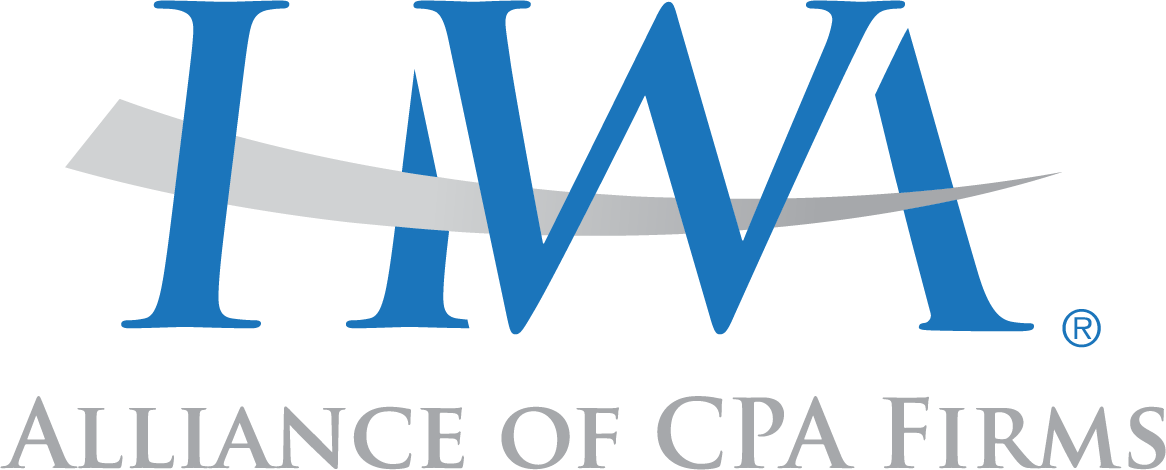5 things you need to know about the new international ethics code

A line-up of planet Earth spheres lined up like marbles
The new international Code of Ethics for professional accountants that was unveiled last month has been “long in the making,” according to Kim Gibson, CPA, a member of the International Ethics Standards Board for Accountants (IESBA) and chair of the board’s Rollout and Implementation Working Group.
Gibson, who is the global head of independence for Grant Thornton International LLP and is based in New York City, explained that the new standards are designed to:
- Be easier to use, navigate, and enforce.
- Be more relevant for professional accountants in business.
- Distinguish more clearly between requirements and application material.
“This definitely has been a journey … to ensure that the code can be used as a tool for all professional accountants,” Gibson said. “And I think we’ve accomplished our goal for sure.”
Renamed the International Code of Ethics for Professional Accountants (including International Independence Standards), the code takes effect in June 2019. Here are five things accountants should know about the code.
The guidance is less siloed. The new code contains expanded guidance for professional accountants in business for preparing and presenting information, and relating to pressure to breach fundamental ethical principles.
The code also clarifies that in some circumstances, the guidance for professional accountants in business is also relevant to professional accountants in public practice, for example, in the areas of inducements and pressure.
“These sections overlap and are not as siloed as one may have thought previously,” Gibson said.
The cooling-off period has changed. The “cooling-off period” after a mandatory rotation off an audit engagement was two years before any key audit partner could return to that engagement, according to the previous code.
The new cooling-off period is five years for engagement partners, three years for engagement quality-control reviewers, and two years for all other key audit partners.
Accountants should note that the new long association provisions that were drafted under the drafting conventions for the existing code take effect in December of this year, so those need to be implemented before the new code takes effect in June 2019.
“We don’t want practitioners to think they now have a little more time,” said Diane Jules, CPA, the IESBA’s deputy director.
Big changes related to safeguards. A comprehensive project on safeguards clarifies how professional accountants should deal with threats to the fundamental principles and independence.
“The safeguards project substantially revised the conceptual framework in terms of how it’s characterized,” Jules said. “The requirements are now much more explicit and robust, in particular, in relation to evaluating and addressing threats.”
A revised definition describes safeguards as actions that the professional accountant takes individually or in combination to effectively reduce threats to compliance with fundamental principles to an acceptable level. In addition, a prohibition on certain recruiting services that was limited to public-interest entities has been expanded to include all audit clients.
More changes are coming. In September, the IESBA is scheduled to announce revised inducement provisions that were approved in April.
“The inducement provisions clarify the appropriate boundaries by which professional accountants either offer or accept inducements,” Jules said. “The revised provisions prohibit offering or accepting inducements with intent to improperly influence behavior. [The code] also includes a clearer description of what an inducement is. For threats that are created when offering or accepting inducements when there is no actual or perceived intent to improperly influence behavior, there is more guidance to help apply the conceptual framework.”
Although the IESBA expects to release the inducement provisions in July, they will take effect in June 2019, the same time as the rest of the code.
Roll-out activities will continue. The IESBA will continue to be active in its efforts to spread the word about the new code, with new tools continually being added to the board’s website throughout the year.
“This is an exciting time for public accountants, for the profession along with accountants in business,” Gibson said. “… We really are looking to our stakeholders, including national standard setters, regulators, preparers, practitioners, academics, and others, to embrace, adopt, and implement the code.”
— Ken Tysiac (Kenneth.Tysiac@aicpa-cima.com) is a JofA editorial director.

